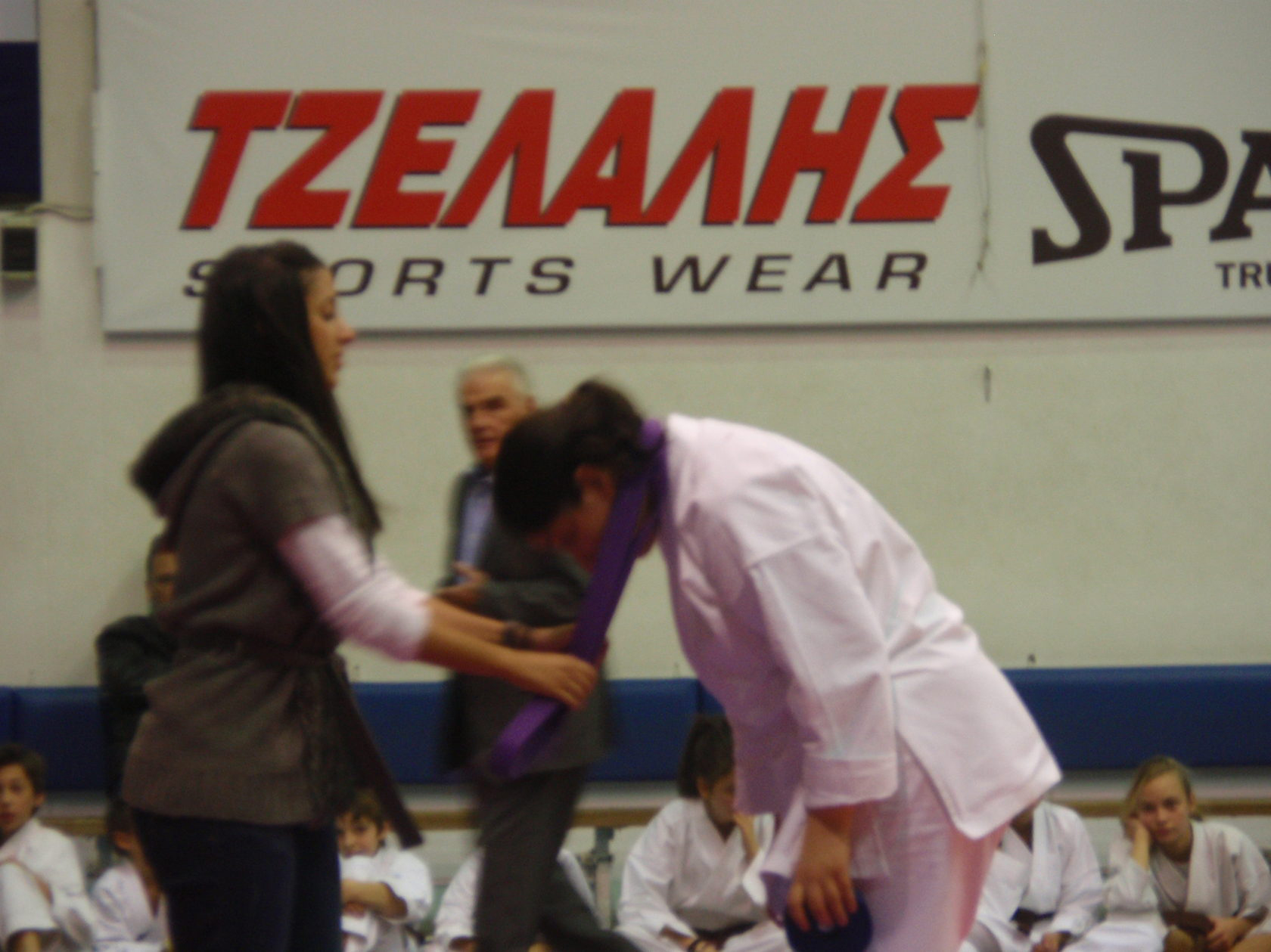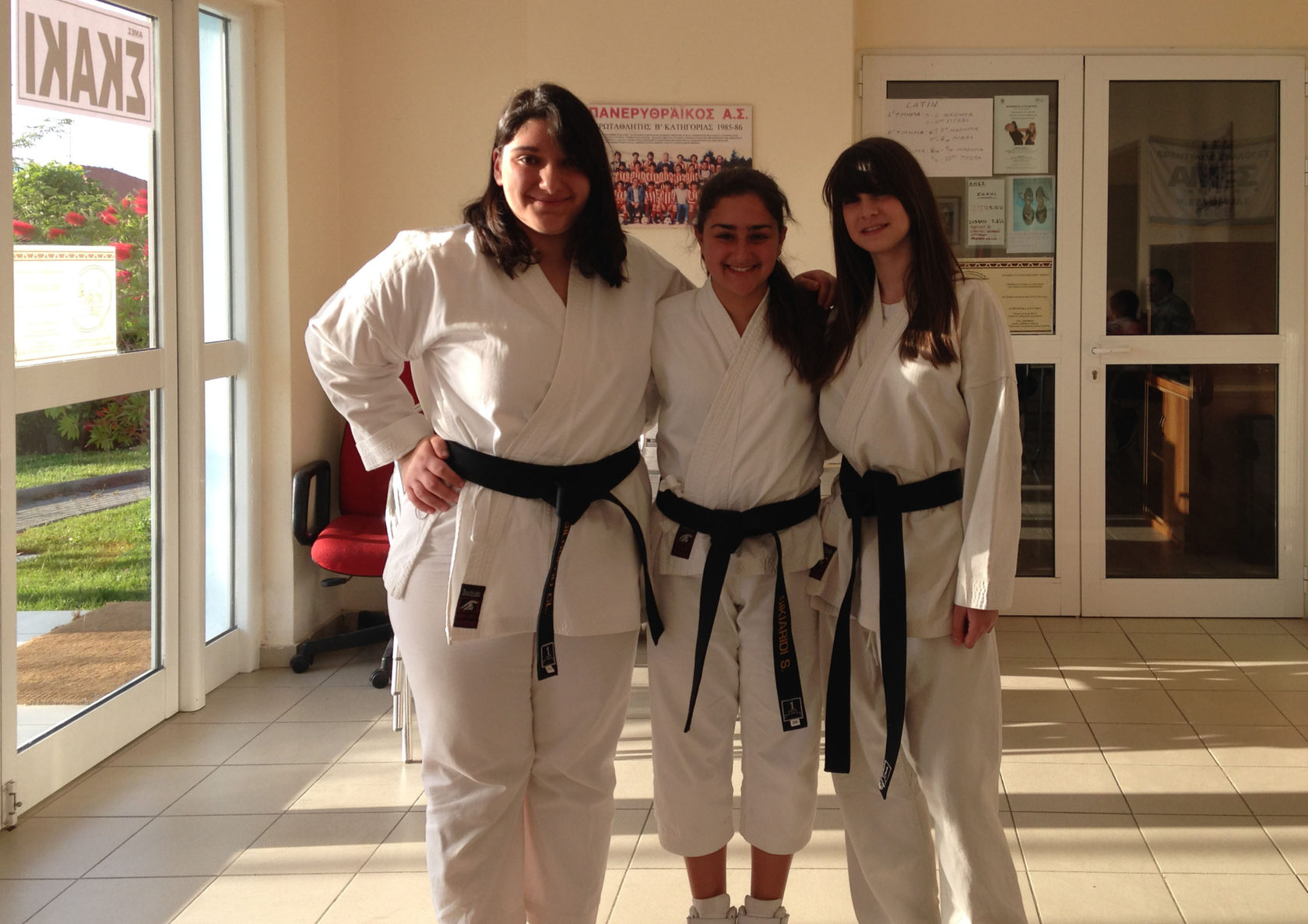I started learning martial arts when I was five years old. At the time I was also in a ballet class and, thankfully, I continued karate until I was 15. I don’t regret this as karate taught me so many things over the span of 10 years. However, I had to stop training in the second dojo as my family and I moved to Geneva.
When I first started, it was difficult to see any benefits or practical application of the skills I was taught in the dojo. It was just more rules to learn and abide by, on top of the ones in school. In my case it was also weird because of the change in training grounds, I started out in my first one with karate, and the instructor changed martial arts styles, to kick-boxing, which was more violent than karate. I stayed there until sixth grade and then changed dojos. I practiced at the second one for about three years, the instructor taught karate, and it was also where I got my black belt.
Looking back, I learned a lot in these 15 years, but here are the main three lessons that have stayed with me over the years.
First, I learned that when you’re learning something new, even small improvements are a success. There is no need to rush yourself to learn something at the same pace that others do. Taking a longer time to understand something and gradually improving yourself is vastly better than rushing to learn or understand something in a very short time span and being so-so at it.
Secondly, mental strength and focus are vital to help you overcome difficulties in the learning process as well as in other situations. You will do much better if you take the time, to calmly analyze the situation and develop your strategy than if you for instance think of a solution to your dilemma/problem in five minutes and then call it a day.

Lastly, the most important lesson I learned was not a lesson in itself; it is a fact. One does not need to learn and improve only by observing the teacher, one can learn and vastly improve by observing and practicing with fellow students. Practicing for hours with others gives you an idea, a way to do things that the teacher doesn’t “teach” you to. You compare your advantages and drawbacks with the other students through friendly competition, and occasionally not so friendly. In summary, learning is a life-long process and you can learn at your own pace.

Not only are martial arts in general good to learn for any person of any age, gender or skill level because of the improvement of their physical condition, but they are also good for the improvement of your mental fortitude. Martial arts teach people different mental skills such as patience, endurance, focus and perseverance, as well as physical skills like control, flexibility and coordination. Personally, karate practice was also a stress relief activity for me, especially during the time just before finals week.
I highly recommend to everyone of any age or skill level to start learning martial arts because of all the physical and mental advantages that they can get through practicing them. No one is too young or too old to learn how to protect themselves or to kick some ass when it is needed.
